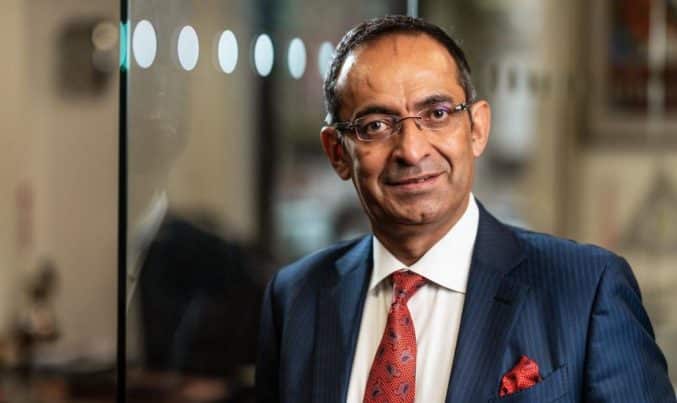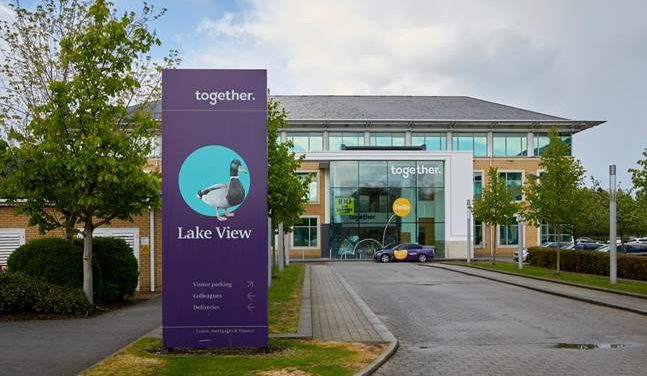Mortgage approvals soar to highest levels since 2007
By Laura Miller
Soaring demand for homes has sent mortgage approvals to their highest level since before the last global financial crisis.
Bank of England data released today shows approvals had climbed to almost 91,500 by the end of September, up from 85,500 the previous month. The last time so many mortgages had been granted was September 2007.
Net mortgage borrowing hit £4.8bn in September, up from £1.8bn in August.
The figures suggested the Chancellor has achieved his goal of bringing mortgage borrowing back to pre-Covid levels with the introduction of the stamp duty holiday for properties under £500,000 until the end of next March.
“The danger is this rush is becoming a stampede and with only so much bandwidth in the system, it’s likely that buyers will already be losing out due to the delays building up across the house purchasing process,” said Jonathan Sealey, CEO of specialist short term lender Hope Capital.
High demand offers opportunities for alternative finance or specialist lending to get deals over the line more quickly, he said, where “mainstream lenders are unable to meet the needs of borrowers in the time frames they require to seize the opportunities in the market”.
Mark Harris, chief executive of mortgage broker SPF Private Clients, said September was his firm’s best month for originations this year, as the stamp duty holiday deadline focused buyers’ minds on getting deals done over the next four to five months.
Timing has become a priority. “Price and criteria are key when choosing a mortgage, but you also need to consider how long it is going to take. There’s no point in trying to get a mortgage from a lender who is six months behind if you need to exchange in four weeks,” Harris said.
However he warned a two-tier lending market is emerging. For borrowers who want more than 85% loan-to-value (LTV) rates have gone up slightly, while in the sub-75% space it is competitive as lenders look to add business to their balance sheets.
“We desperately need more support in the high LTV space,” Harris said, “it isn’t necessarily a risk issue with lenders, more a service issue, as they try to control volumes, and we hope this will improve in coming months.”
Demand for properties have sent average prices to record highs. Property prices rise for the third consecutive month in September, according to the Halifax House Price Index, which now puts the average cost of a home at almost £250,000.
The latest data means house prices are a startling 7.3% higher than the same time a year ago – the strongest growth recorded by Halifax since June 2016.
“The feeling and concern is buyers are feeding into an artificially strong market, driven by historically low mortgage rates and a rush to complete transactions before the end of the stamp duty holiday in March,” Tomer Aboody, director of property lender MT Finance, said

Laura Miller is a freelance journalist who writes about money and business. She regularly appears in UK national and trade newspapers and magazines, and has previously worked for ITV News and the Telegraph among others. Find her on twitter @thatlaurawrites











You must be logged in to post a comment.